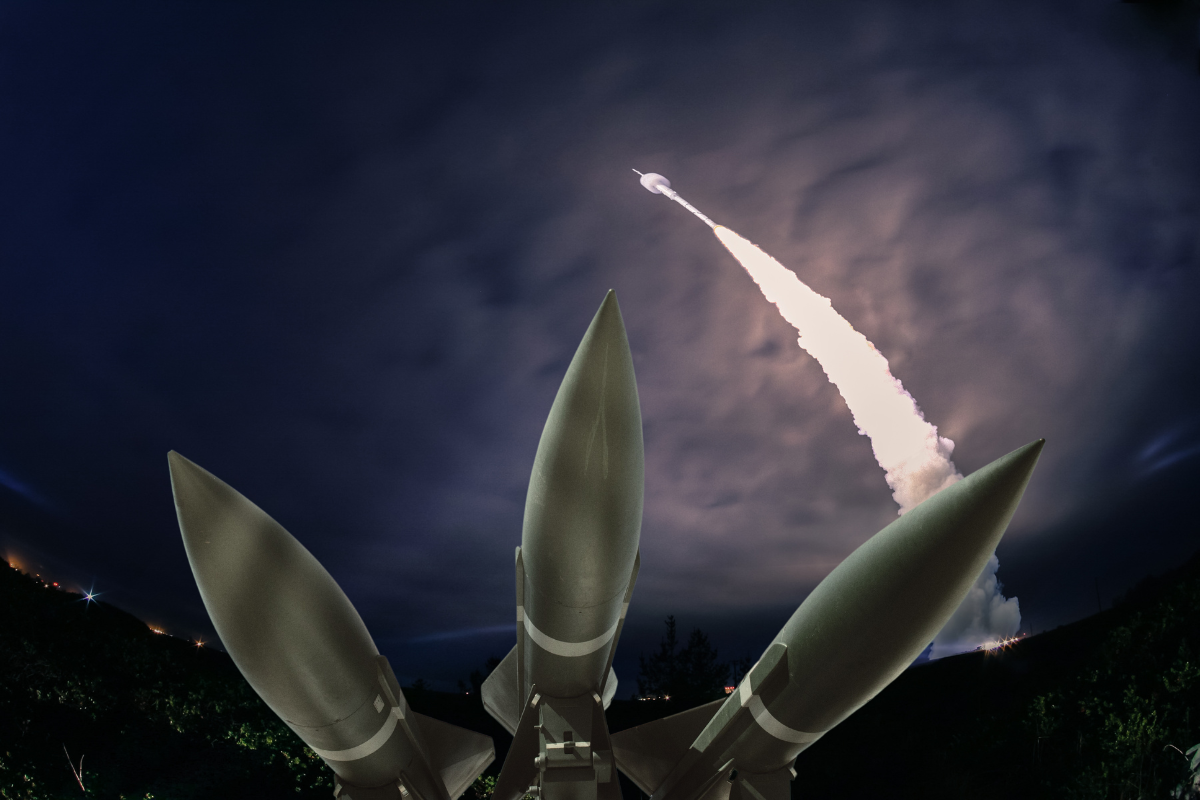In a recent discussion, geopolitical analyst Pepe Escobar and commentator Larry Johnson delved into Iran’s missile retaliation against U.S. forces in Iraq, shedding light on the broader implications for regional stability and international relations.
The conversation centered on Iran’s strategic use of missile capabilities in response to U.S. actions, highlighting the precision and effectiveness of the strikes. Escobar emphasized that this retaliation marked a significant shift in Iran’s military posture, demonstrating its willingness and ability to directly target U.S. assets in the region.
Johnson and Escobar also discussed the potential repercussions of these developments on global oil markets, considering the strategic importance of the Persian Gulf and the Strait of Hormuz. They noted that any escalation could disrupt oil supplies, leading to increased prices and economic instability worldwide.
Furthermore, the dialogue touched upon the responses from neighboring countries and global powers, analyzing how alliances and diplomatic relations might evolve in light of Iran’s actions. The analysts agreed that this incident could prompt a reevaluation of U.S. presence in the Middle East and influence future foreign policy decisions.
Escobar and Johnson’s discussion provided a comprehensive analysis of Iran’s missile retaliation, offering insights into its immediate impacts and potential long-term consequences for international relations and global stability.



